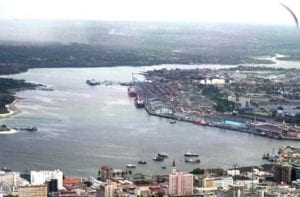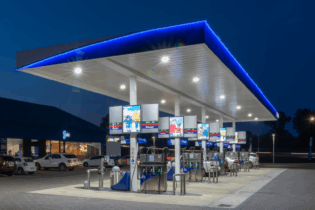Transporting goods along the Dar es Salaam corridor has become extremely expensive as a result of poor infrastructure, numerous roadblocks, increased border crossing time, inadequate infrastructure and congestion at the Dar es Salaam port in Tanzania.
A recent survey by Dr Andrew Mwali, the Corridor’s Sustainability Specialist, found that the majority of cargo delays at the Port are as a result of customs delays. There are however many positives in regards to the port as the survey shows. There have been improvements made in the effective operations at the port. Interventions in the last two years have resulted in the reduction of average cargo dwell time at the port from 37 to 15 days. The dwell time for Zambian cargo has been reduced from 36 to 8 days while that of Democratic Republic Congo (DRC) and Malawi has reduced from 45 to 6.3 days and 36 to 13.8 days, respectively.The average turn round time of ships, Dr Mwali says, has been reduced from 4 days to 1.7 days in recent years.
“This has clearly freed the facilities and space at the port for re-use, thereby resulting in increased capacity utilisation and consequently throughput. “As a result, there has been an increase in throughput of Dar es Salaam port, which translates into increased revenue,” Mwali said. The development comes as Zambian Mines Minister, Christopher Yaluma, has challenged management at its national mines Konkola Copper Mines (KCM) and Mopani Copper Mines (MCM) to maximise the use of the Dar-es-Salaam route to help improve revenue for the corridor.






